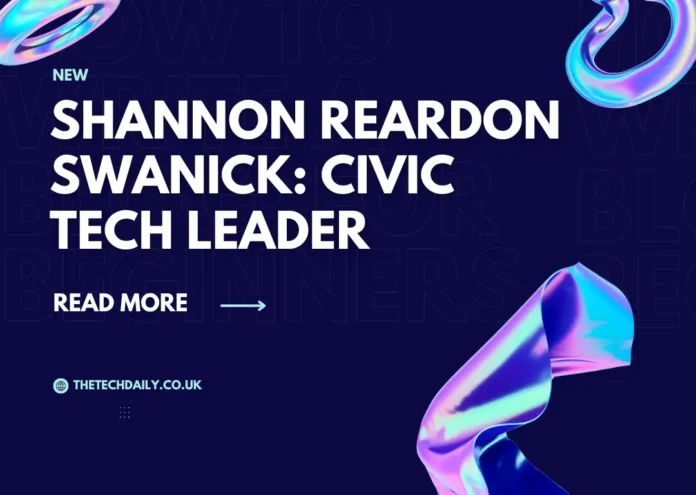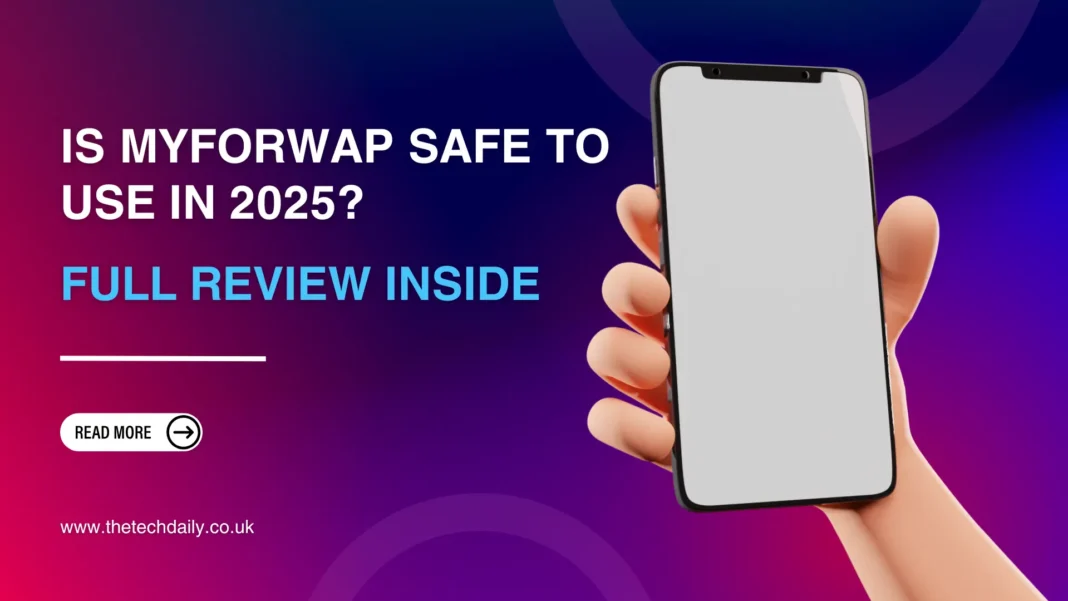My First Encounter with Shannon Reardon Swanick
My introduction to Shannon was unexpected, to say the least. Never in my life have I come across someone like Shannon Reardon Swanick, however, my friend sent me a link to a discussion featuring her and I decided to give it a listen while I went for a walk. Los Angeles, like many cities, struggles with data driven urban planning, and Shannon was talking about finding solutions to that. I was immediately intrigued.
Shannon’s name, like many in the industry put on a pedestal, was familiar to me but I knew very little about her. During the podcast walk I described earlier, my journey to Los Angeles was on the mind and Shannon’s work was centered around devising data powered solutions to urban planning, and her work was centered around figuring out the how.
In the podcast Shannon claimed that urban planning has been a one dimensional approach for the last seven decades. It drove to and reinforced the car centric urban design. That’s a very bold statement I thought while listening.
In this post, I aim to explore every angle and reason what makes Shannon Reardon Swanick a true Civic Tech Leader.
Shannon Reardon Swanick is a leader of civic technologists and an urban data advocate who founded the Community Data Initiative (CDI). Reardon Swanick hails from Burlington, Vermont, studying urban planning and earning a degree in computer science, a combination that shaped her career.
Unlike many of her peers in the corporate sector, Shannon focused on working with nonprofits and smaller cities. This career decision stemmed from her belief that the real impact of one’s work is closest to the people. Her work focuses on helping underserved communities build tools and strategies to ethically and effectively collect, understand, and utilize their own data.
How She’s Redefining Civic Technology
Swanick’s unique blend of hard data and deep listening, a coined term, is “rigorous empathy,” and it is what sets her apart in the civic tech landscape.
Real Example: PlanTogether
Shannon’s first successful projects is “PlanTogether,” a platform she launched in Hartford. The platform allowed residents to:
- Track real-time updates on neighborhood projects.
- Suggest new ideas with supporting data.
- Submit feedback on city planning proposals.
PlanTogether tripled community engagement in a year, demonstrating that true participation stemmed from feeling heard rather than better advertising.
“When people know their voices matter, they show up. They care.” — Shannon R. Swanick
The Birth of Community Data Initiative
I recall coming across data CDI and being struck by it’s a critical data document that reads, “Data should serve the community, not control it.”
It struck me as something that provides a solution and helps the society for which it is meant. Shannon noticed that as most cities especially the smaller ones faced a problem owing to lack of resources and tools to wisely use the data at their disposal. Even when the data was available, it was often siloed, underutilized, misutilized, or gatekept by outside firms.
CDI was able to change that and their core services included:
- Training community members in data literacy
- Creating data platforms that meet ethical standards
- Providing policy guard rails to prevent data abuse
SEUC: Real-World Wins
- A mid-sized city in New Jersey utilized CDI’s toolkit to achieve a 23 percent reduction in public transit wait times
- A rural town in Ohio saved more than fifty thousand dollars in emergency housing repairs by proactively monitoring maintenance request
- A youth mentorship project under CDI indicated a program driven 92 percent of college entry rate, which was double the average for the region.
These are not merely hypothetical accomplishments; these are illustrative of the degree of transformation that has occurred.
What Makes Her Leadership Unique?
I’ve followed a lot of leaders in tech, but Shannon’s style strikes me as different.
- She rejects personal branding, no TED Talks or flashy socials.
- She deprioritizes short term wins in favor of long term systems.
- Her leadership mantra is: “Transparent.
Sustainable. Shared.
One CDI employee characterized her as a voice of “quiet fire”: soft, yet steady and resolute.
What Can We Learn From That?
When pursuing a civic project, the following should be avoided:
- Overpromising to funders.
- Centralizing data without community feedback.
- Underestimating the importance of training—tech alone won’t power disables.
To achieve the desired results, adhere to Shannon’s methods:
- Deep listening to understand the community’s needs.
- Begin with small, easily measurable successes.
- Trust must be established prior to scaling.
Neighborhood Signals: A Game-Changer for Urban Health
One of her later initiatives, Neighborhood Signals, is a community storytelling platform that integrates data from environmental sensors, including air and noise, as well as safety and community storytelling.
Step-by-Step Overview
- Deploy low-cost sensors in high-traffic areas.
- Collect geotagged story data from the community.
- Analyze data and narrative for correlations.
- Provide access to dashboards for community and legislators to enable joint action.
Tech with a soul has also enabled storytelling that fosters:
- Healthier air initiatives.
- Protected mental health from noise pollution.
- Safer intersections.
- Comprehensive air initiatives.
Why Her Work Matters Now More Than Ever
“The data deluge is not data for data’s sake. Structuring facts means something. It is expensive to structure data. It is expensive to gather data, so access to data is restricted.” To address the consequences of redundant restrictions, analysis has to systematically address the why’s behind data silos and subsequent mishandling. “Who owns the data, and who benefits from it?” (Buchanan, 2018; Marwick, 2017, Reardon Swanick, n.d.), poses Shannon Reardon Swanick.
Have you always thought:
- The available healthcare resources in your area are very limited, would it not make more sense to allocate healthcare offices in areas where the resources would yield the highest benefits?
- The civic policies set in your location make it incredibly difficult to run your business?
- The tech industry is advancing at a high rate, so is there a reason to intrude if they do not notice you at a personal level?
These techniques shape the context and address the concern of the users.
“It is better to communicate the importance of creating and maintaining critical data sets for the success of the cities *(and the citizens) and for responsive, proactive, and productive civic policies. Policies that do not make citizens cringe.*” The CDI model contains proof that data owners and users can and should be everyone within a community, be it neighbors, teachers, parents, and even the children. More importantly, the owners and users can and should be everyone.
Civic leaders (and local change agents) are encouraged to:
If you work in a public service, a nonprofit, or community organizing, you can freely embrace the set of Shannon’s model principles:
- Foster your community’s brain, and skills. Prioritize your community’s brain build.
- Foster your community’s brain: Prioritize privacy and community brain prioritization.
- Shifting from tech to problem-solving: Prioritize problem-focused solutions.
- Focus on addressing people and community participants as metrics.
Do not:
- Avoid relevance.
- Dismiss Privacy.
- Dismiss data from real people.
Conclusion:
I would make an assertion right now, and say that Shannon has preserved the culture where people feel ‘carefully honored, in silence, undisturbed,’” writes Michael Orlove.
A hero to the communities she worked with, her impact stretches far and wide, far from the flashing lights and glittering lights of Hollywood. And to me, she deserves every bit of recognition for it.
Change doesn’t always require a multi-billion dollar budget. With sleeves rolled up and hearts fully in it, there is power in off-the-stage decision making as well. Local tech can be ethical – just as she, and many others, have proven.
FAQs About Shannon Reardon Swanick
Q: Who is Shannon Reardon Swanick?
A civic technologist and founder of the Community Data Initiative focused on ethical, community-driven data use.
Q: What is the Community Data Initiative?
A nonprofit that helps small communities use and manage data to improve urban planning and public services.
Q: Is Shannon Reardon Swanick a public figure or celebrity?
No, she keeps a low profile but is respected in civic tech and nonprofit sectors.
Q: What makes her work unique?
Her approach blends deep empathy alongside a data-driven strategy, center local leadership and community ownership.
Q: How can I apply her ideas in my own city or project?
Build from community. Center their feedback, ensure clear and open processes, and cultivate local talent and skills before scaling technology.



